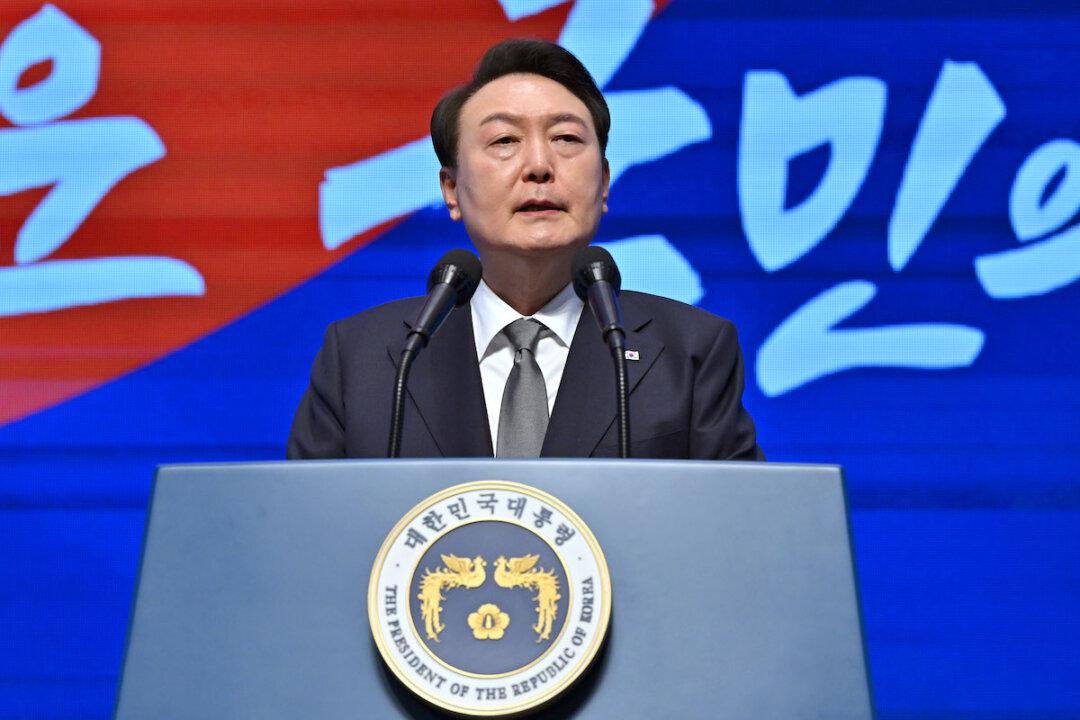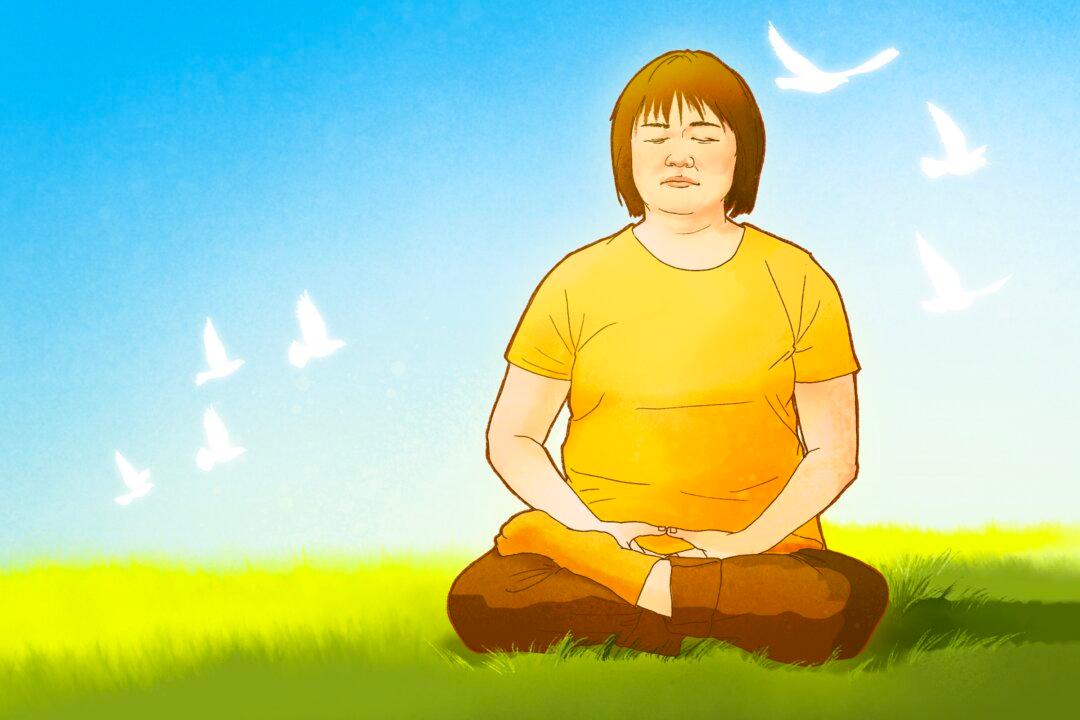South Korean President Yoon Suk Yeol has condemned communist forces that he says were pushing propaganda about seawater pollution over the release of treated wastewater from Japan’s Fukushima nuclear power plant disaster.
The pollution concerns, he said, fly in the face of scientific assessments regarding the safety of the treated radioactive water, which is being released transparently and in accordance with U.N. safety guidelines. The fear-mongering propaganda has incited a wave of public panic and calls to boycott Japan over its alleged seawater pollution.





